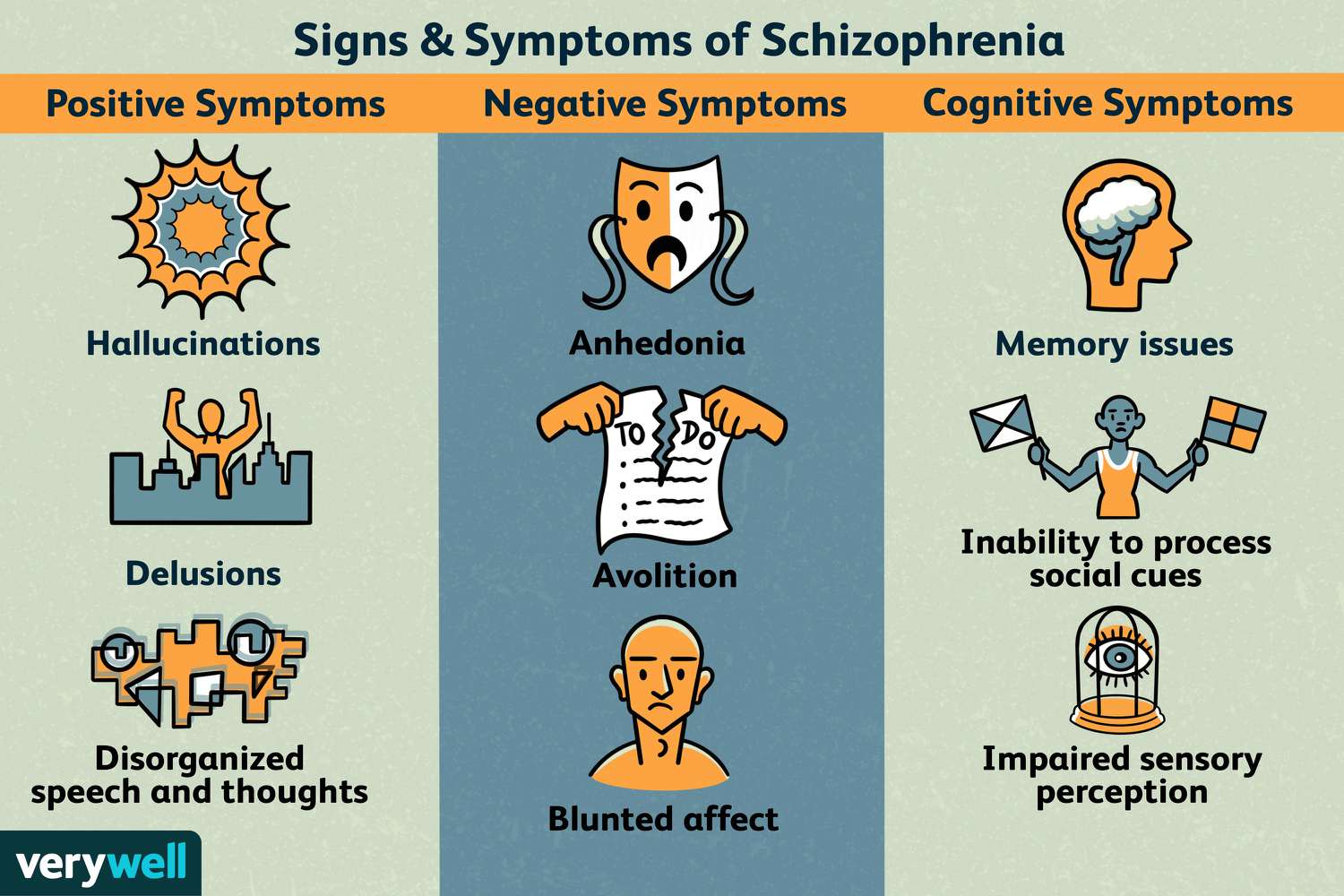Living with schizophrenia presents various challenges, but understanding effective management techniques can significantly enhance the quality of life for those affected. This document explores the question, “How to beat schizophrenia?” by delving into strategies ranging from medical treatments to lifestyle adjustments that support individuals with schizophrenia on their journey towards stability and wellness. To cope with schizophrenia it is mandatory to consult with a psychiatrist or be admitted to a mental hospital if necessary.
Through a combination of medication, therapy, and community support, it is possible to manage symptoms and lead a fulfilling life.
Let’s dive in to get more details.
Medication and Treatment Options
Medication plays a crucial role in managing schizophrenia, often serving as the cornerstone of treatment. Antipsychotic drugs, both typical and atypical, work by balancing neurotransmitters in the brain, which help alleviate symptoms like hallucinations, delusions, and disordered thinking. It’s important for individuals to work with their healthcare provider to find the medication that best suits their needs, taking into consideration factors such as side effects and medication adherence.
Additionally, adjunctive treatments such as mood stabilizers or antidepressants may be prescribed to address co-occurring conditions or symptoms, further personalizing the treatment plan.
Importance of Therapy
Therapy is an equally important component in the comprehensive management of schizophrenia. Cognitive Behavioral Therapy (CBT) can be particularly beneficial in helping individuals challenge and modify distorted thinking patterns, reducing the impact of negative emotions on daily life. Family therapy and psychoeducation are also vital, as they empower both individuals and their families with knowledge about the disorder and how to navigate challenges effectively.
Group therapy offers social support and a platform for sharing experiences, fostering a sense of belonging and resilience. Through these therapeutic modalities, individuals can enhance their coping skills, improve their relational dynamics, and work towards a more stabilized and fulfilling life.
Lifestyle Adjustments
Lifestyle adjustments can play a significant role in managing schizophrenia, complementing medical and therapeutic interventions. Maintaining a routine that includes regular exercise can boost mood and reduce stress, while a balanced diet supports overall brain health and vitality. Adequate sleep is essential for mental well-being, as poor sleep can exacerbate symptoms.
Mindful practices such as meditation or yoga may aid in reducing anxiety and promoting emotional regulation. Staying away from alcohol and recreational drugs is crucial, as they can interfere with treatment and worsen symptoms. By making conscious lifestyle choices, individuals can bolster their resilience and enhance their quality of life.
Building a Support Network
A strong support network is invaluable for individuals living with schizophrenia, providing emotional, social, and practical assistance. Family members, friends, mental health professionals, and peers can all play roles in this network. Encouraging open communication within family circles can foster an environment of understanding and empathy.
Support groups, whether in-person or online, offer shared experiences, reducing feelings of isolation. Mental health professionals provide guidance, therapeutic intervention, and crisis management when needed. Building and maintaining these connections is integral to creating a stable foundation for those with schizophrenia, empowering them to navigate challenges with increased confidence and hope.
Staying Informed and Educated
Staying informed about schizophrenia is key to effective symptom management and overall well-being. Individuals, along with their families, should endeavor to learn about the latest research, treatment advancements, and self-help strategies. Educational resources such as books, reputable websites, and newsletters from mental health organizations offer valuable insights into the disorder.
Attending workshops or conferences on mental health can also provide updated knowledge and connect individuals with experts in the field. Being educated empowers individuals to make informed decisions regarding their treatment and lifestyle choices, fostering a proactive approach to managing schizophrenia.
Coping Strategies and Techniques
Coping strategies are essential for managing the daily challenges posed by schizophrenia. Mindfulness techniques, including meditation and breathing exercises, can help reduce stress and enhance emotional regulation. Journaling allows individuals to express their thoughts and feelings constructively, providing clarity and a sense of relief.
Regular physical activity, such as walking or swimming, acts as a powerful stress reliever while promoting overall health. Artistic or creative outlets, like painting or music, offer therapeutic benefits by allowing self-expression. By integrating these coping mechanisms into their daily routine, individuals can build resilience and improve their mental health.
Monitoring Progress and Setting Goals
Regularly monitoring progress and setting achievable goals are critical components in the journey toward beating schizophrenia. Keeping a journal to track symptoms, emotions, and responses to medication can provide valuable insights and facilitate discussions with healthcare providers. Establishing short-term and long-term goals, whether related to treatment adherence, daily routines, or personal aspirations, provides a sense of direction and motivation.
Celebrating small victories enriches self-esteem and reinforces a positive outlook. By observing progress and continuously refining their goals, individuals can maintain momentum in their pursuit of stability and a fulfilling life.
Conclusion
Living with schizophrenia presents unique challenges, but with a comprehensive approach, individuals can lead meaningful and productive lives. Medication, therapy, lifestyle adjustments, and a robust support network form the foundation of effective management. Empowerment through education and the use of coping strategies enable those affected to navigate their conditions with strength and resilience.
By monitoring progress and setting attainable goals, individuals can maintain hope and perseverance on their journey toward recovery and wellness. Embracing this multifaceted plan ensures that each person can strive towards a fulfilling life despite the hurdles posed by schizophrenia.




